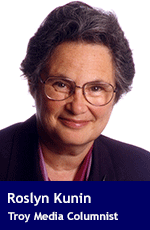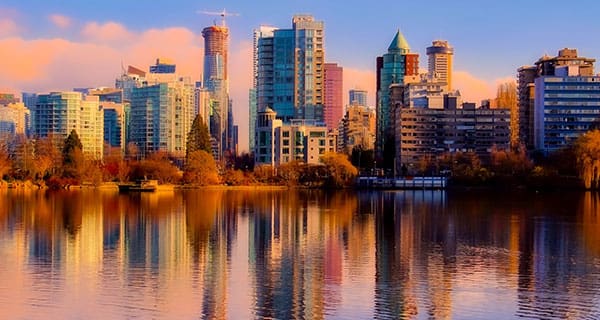 Municipalities are the poor step-children among Canada’s levels of government. They are creatures of the province in which they’re located, with no autonomy beyond that extended by that province.
Municipalities are the poor step-children among Canada’s levels of government. They are creatures of the province in which they’re located, with no autonomy beyond that extended by that province.
Their taxing powers are extremely limited and they rely very heavily on property taxes.
The many basic services that cities provide (water and sewer, roads and police protection, to name just a few) are absolutely essential if we’re to have functioning communities.
But expectations and costs for such services are rising. The limited revenue sources available to municipalities aren’t keeping pace and higher levels of government aren’t filling the gap.
Faced with their own financial pressures, including resistance from taxpayers, the senior governments download costs to municipalities. In British Columbia, for example, a new payroll tax replacing medical service premiums will hit municipalities hard.
Municipalities also have to bear expenses related to climate change and environmental issues. These can include anything from installing electric charging stations for vehicles to building more dikes for flood protection. One example is the sandbags placed against high tides in the shore line parks in Vancouver over the holiday season.
Who’s to blame for these increased costs and how can we get them to pay?
West Coast Environmental Law (WCEL) is an activist group that has been working out of Vancouver since 1974. They blame oil and gas producers for environmental problems, so they went to municipalities with a facile solution: write to the 20 biggest oil and gas companies and ask them to pay you for dealing with environmental issues.
One hopes that the folks at WCEL with their background in law were aware that this was a non-starter and were only doing it as publicity stunt for their organization. And it has succeeded in bringing their name to the public.
But blaming oil and gas producers shows an ignorance of basic economics and the fundamental role of supply and demand. No company continues to produce a supply of anything unless there’s demand – customers to sell to. The United States Environmental Protection Agency says that 80 percent of greenhouse gas emissions come from private passenger vehicles. We have seen the enemy and it is us.
Companies exist to provide goods and services that people want and are willing to pay for. They also have to offer a return to shareholders, who give them the capital needed to function. Company support to the greater community is largely in the form of taxes paid to various levels of government. And some firms make philanthropic contributions.
Getting a letter from communities saying, “Hey, you guys have to pay us for cleaning up the environment,” is at best likely to create mirth in the boardroom.
Nevertheless, many municipalities took WCEL’s advice and sent letters seeking payment to the major oil and gas companies. Of course, none have received a favourable reply. Far from benefiting, the resort town of Whistler, B.C., paid for its presumptuousness by losing convention business from the energy industry.
How are communities to deal with the problem of insufficient revenue versus rising costs, of which environmental activities are only a part?
Here’s a modest proposal for the Greater Vancouver area:
Metro Vancouver contains 21 municipalities and one First Nation. If it copied the examples of Toronto, Montreal and other major cities and amalgamated, many benefits would follow.
Duplication (or should I say multiplication?) of municipal services would be avoided. This would include local government, police, fire and rescue, waste management and many others. Effective transportation systems could be implemented. Costly and time-consuming inter-governmental co-ordination would no longer be needed.
Companies thinking of opening in the Vancouver area would no longer be able to play one municipality against another to get greater concessions.
The only way this will ever come about is if legislated by the province. I can hear the shouts of indignation already from each entity, from Belcarra (population 643) on up.
But other municipalities have survived such changes and prospered. Local interests can be dealt with in less costly ways, perhaps through a ward system.
The First Nation would have to work with the new metro government in ways compatible with its treaty. It could well choose to participate in and gain the advantages of the new and efficient metro structures.
Such a change won’t happen quickly even though it would benefit the province, and its residents and taxpayers. In conflicts between the greater good and local political interests, the latter often wins.
However, a unified Metro Vancouver government is a viable solution to fiscal problems, including handling environment-related costs.
Troy Media columnist Roslyn Kunin is a consulting economist and speaker.
The views, opinions and positions expressed by columnists and contributors are the author’s alone. They do not inherently or expressly reflect the views, opinions and/or positions of our publication.


